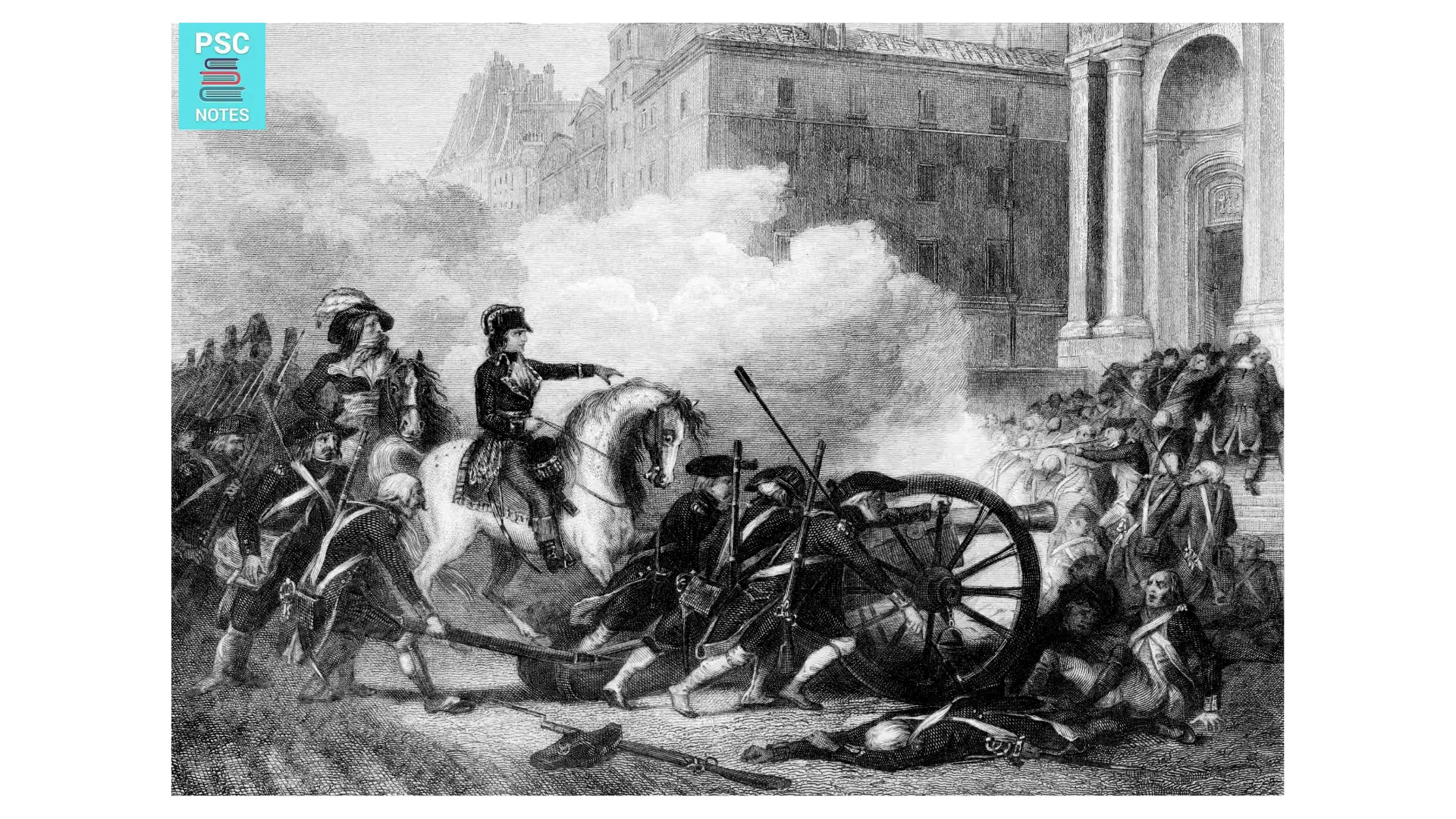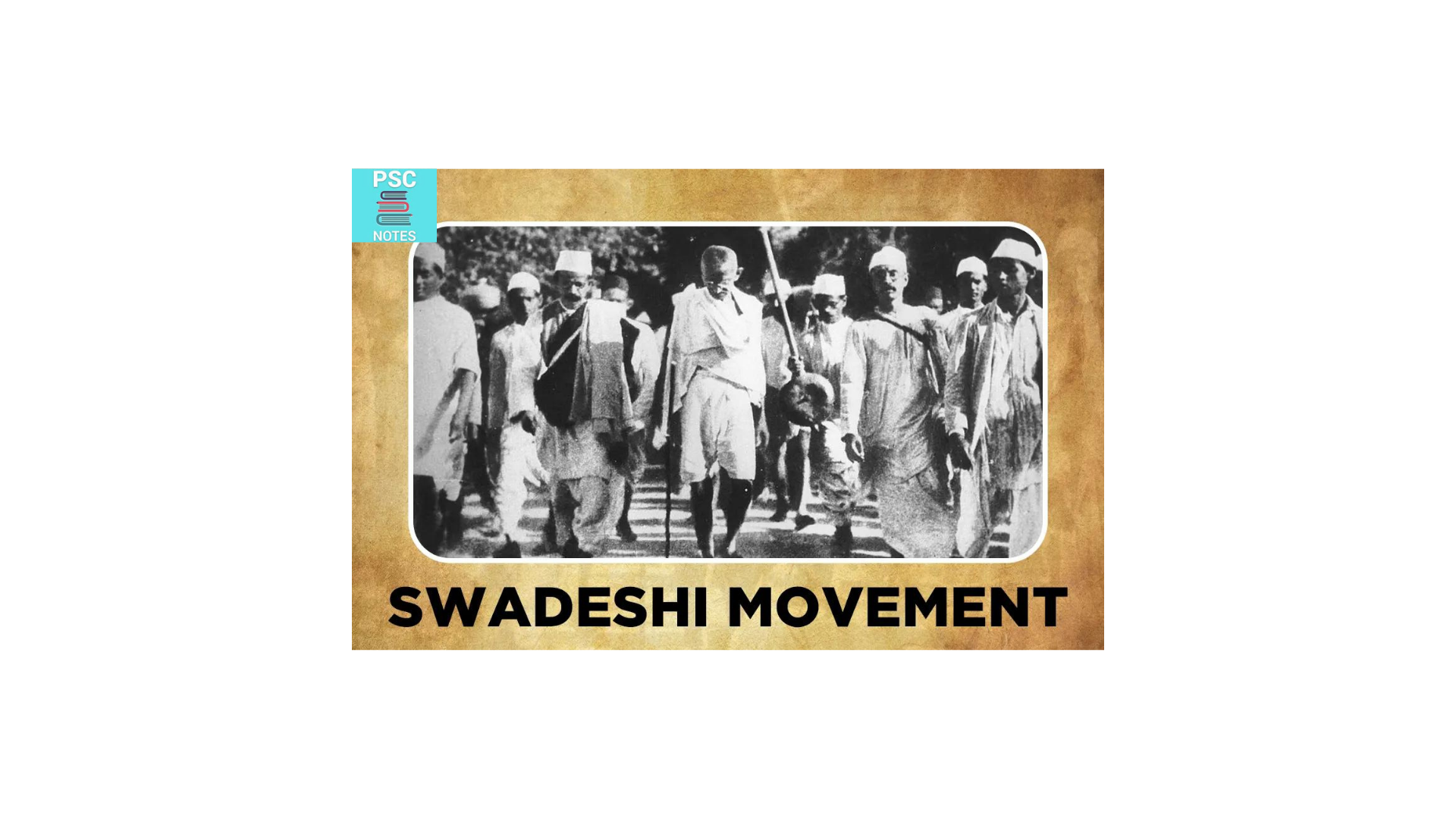Fundamental Rights
Fundamental Rights Discrimination not on grounds only of Art 15: religion, race, caste, sex, place of birth Art 16: religion, race, caste, sex, descent, place of birth, residence Reservation First Backward Classes Commission: 1953, Kaka Kalelkar Second BCC: 1979, B P Mandal (by Morarji Desai govt) ARTICLE 340 Reasonable Restrictions Speech and Expression: Sovereignty and … Read more


